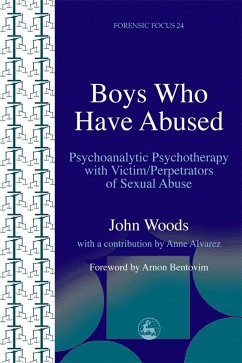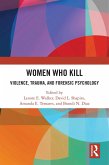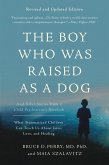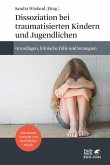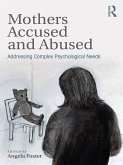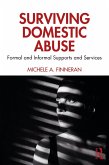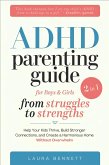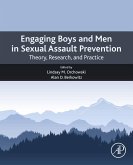John Woods presents a theoretical approach and practical suggestions for mental health practitioners working therapeutically with young people who have abused. Drawing on his long-standing experience, he has developed an integrated theory that bridges the gap between existing cognitive behavioural and psychoanalytic approaches. He shows how this individual treatment model can be applied in a range of contexts including residential settings, group and family work, as well as in individual work.
In-depth case studies throughout the book demonstrate how exploring the individual's whole life-course within a psychoanalytic framework enables connections to be drawn between possible childhood abuse and subsequent abusive behaviour. Guidelines are presented on working with the problems of self-destructiveness, masochism and depression facing the young abused/abuser and the impact of sexual abuse on sexuality, gender identity and sexual orientation. This is an instructive and thought-provoking text for all mental health practitioners and allied professionals working with adolescents who sexually offend.
In-depth case studies throughout the book demonstrate how exploring the individual's whole life-course within a psychoanalytic framework enables connections to be drawn between possible childhood abuse and subsequent abusive behaviour. Guidelines are presented on working with the problems of self-destructiveness, masochism and depression facing the young abused/abuser and the impact of sexual abuse on sexuality, gender identity and sexual orientation. This is an instructive and thought-provoking text for all mental health practitioners and allied professionals working with adolescents who sexually offend.
Dieser Download kann aus rechtlichen Gründen nur mit Rechnungsadresse in A, D ausgeliefert werden.

